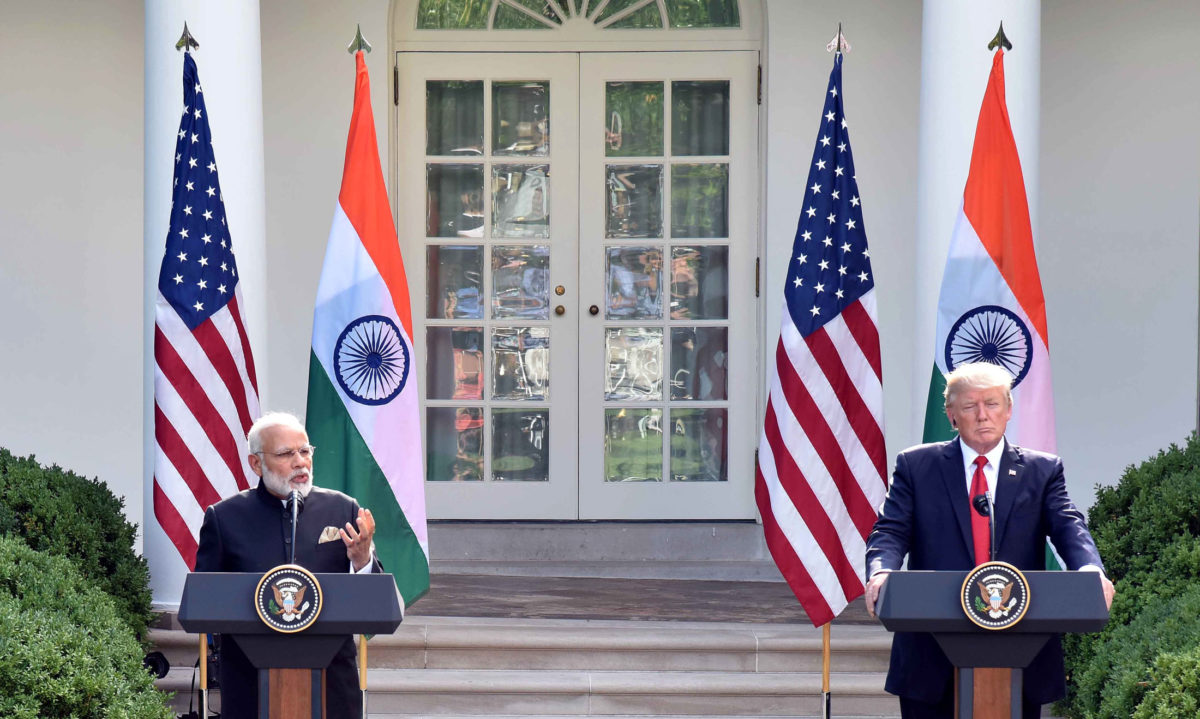The Section 201 tariffs imposed by US President Donald Trump carry exemptions for several dozen developing nations that are part of the Generalized System of Preferences (GSP) list, as long as imports from such nations do not exceed 3% of the total volume imported during any year, or 9% of aggregated import levels.
While Turkey was deemed too developed to qualify for exemption from import tariffs, India has been removed from the list citing that India has not assured to provide the United States with equitable and reasonable access to its markets. Trump terminated India’s designation as a beneficiary developing country effective June 5, 2019.
Significantly, USA is the largest export market for Indian solar cells. India exported solar cells (whether or not assembled in module/panel) worth Rs 72,488.43 lakh in 2018-19, of which USA accounted for Rs 34,788.18 lakh—which is more than half of India’s total solar cell exports in value terms.
After USA, Denmark and Vietnam were the top destinations for India’s solar cells (whether or not assembled in module/panel) with exports valued at Rs 7,485.71 lakh and Rs 6,081.71 lakh in year 2018-19, respectively.
Playing down the impact of US decision, Ganesh Kumar Gupta, President, Federation of Indian Export Organisations (FIEO) said that only for products having GSP benefits of 3% or more, exporters may find it difficult to absorb the GSP loss.
Overall, “the most affected sectors would be imitation jewellery (average GSP benefit 6.9%), leather articles other than footwear (6.1%), pharmaceuticals and surgical (5.9%), chemical and plastics (4.8%) and agriculture (4.8%),” according to Gupta.
Gupta said that GSP withdrawal would also affect US manufacturers, who benefitted from it on imports of parts and components, as well as US consumers.
This content is protected by copyright and may not be reused. If you want to cooperate with us and would like to reuse some of our content, please contact: editors@pv-magazine.com.









By submitting this form you agree to pv magazine using your data for the purposes of publishing your comment.
Your personal data will only be disclosed or otherwise transmitted to third parties for the purposes of spam filtering or if this is necessary for technical maintenance of the website. Any other transfer to third parties will not take place unless this is justified on the basis of applicable data protection regulations or if pv magazine is legally obliged to do so.
You may revoke this consent at any time with effect for the future, in which case your personal data will be deleted immediately. Otherwise, your data will be deleted if pv magazine has processed your request or the purpose of data storage is fulfilled.
Further information on data privacy can be found in our Data Protection Policy.